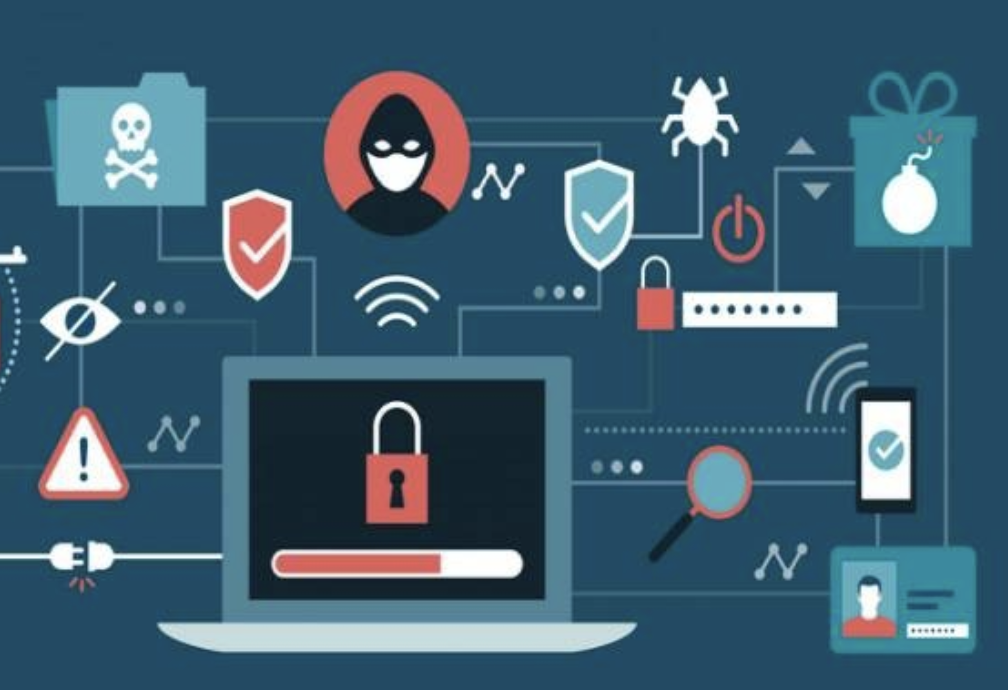Security Researcher Uncovers Invoice Fraud Risks in Patties Foods Data Exposure: Steps Companies Can Take to Protect Themselves
The recent discovery by a security researcher has exposed significant vulnerabilities in the databases of Patties Foods Limited (PFL), an Australian food manufacturing giant. The uncovered databases, which were publicly accessible and unprotected, pose serious risks of invoice fraud and other cyber crimes.
The first database exposure was an unsecured logging server with 496,296 records. These logs contained various types of information, including system errors, warnings, indexing operations, search queries, cluster health status, and other diagnostic data. Additionally, the logs included internal, customer, and vendor emails, increasing the risk of cyber crime and data misuse.
Further investigation revealed a second exposed cloud storage database containing 25,800 invoices and distribution records in .pdf and .xls formats. These financial documents are particularly susceptible to invoice fraud.
Protecting Against Invoice Fraud
Given the significant risks posed by such data exposures, it is crucial for companies to adopt robust measures to protect against invoice fraud. Here are key steps companies can take:
- Implement Strong Access Controls:
- Ensure all databases are password-protected and accessible only to authorized personnel. Use multi-factor authentication (MFA) to add an extra layer of security.
- Regularly update and review access permissions to ensure they are up-to-date and appropriate for each user’s role.
- Regular Security Audits:
- Conduct frequent security audits and vulnerability assessments to identify and address potential weaknesses in your systems.
- Implement automated monitoring tools that can detect unusual activities and alert administrators to potential breaches in real-time.
- Encrypt Sensitive Data:
- Encrypt sensitive data both in transit and at rest to prevent unauthorized access and reduce the risk of data interception during transfer.
- Utilize strong encryption standards to ensure data remains secure even if accessed by unauthorized parties.
- Employee Training and Awareness:
- Provide regular training to employees on the risks of invoice fraud and best practices for data security.
- Educate staff on how to recognize phishing attempts and other common tactics used by cyber criminals.
- Implement Invoice Verification Processes:
- Establish a thorough verification process for all invoices received. This can include cross-checking invoice details with purchase orders and contacting vendors directly to confirm invoice authenticity.
- Use automated tools to flag and review any discrepancies or suspicious invoices before processing payments.
- Vendor Management:
- Conduct due diligence on all vendors to ensure they adhere to strict data security standards.
- Require vendors to implement robust security measures and regularly review their security practices.
About Patties Foods Limited and Provenio.ai
Patties Foods Limited: Founded in 1966, Patties Foods Limited is a leading Australian food company known for its extensive range of products, including meat pies, sausage rolls, pastries, desserts, and frozen fruits. The company’s commitment to quality makes the data exposure particularly concerning.
Provenio.ai: Provenio.ai managed the exposed databases and offers AI-powered productivity solutions for supply chain back-office operations. Provenio.ai serves many well-known Australian companies, amplifying the potential impact of this exposure. Although Provenio.ai acknowledged the vulnerability, they denied it constituted a data breach, stating, While the vulnerability existed, there is no evidence of unauthorized access or misuse of the data.
The data incident highlights the critical need for stringent data security measures to protect against invoice fraud and other cyber crimes. By implementing strong access controls, regular security audits, data encryption, employee training, invoice verification processes, and robust vendor management, companies can significantly reduce their risk of falling victim to such threats.
The discovery serves as a crucial reminder of the vulnerabilities within digital infrastructures and the importance of maintaining rigorous data protection practices to safeguard against the ever-evolving landscape of cyber crime.




